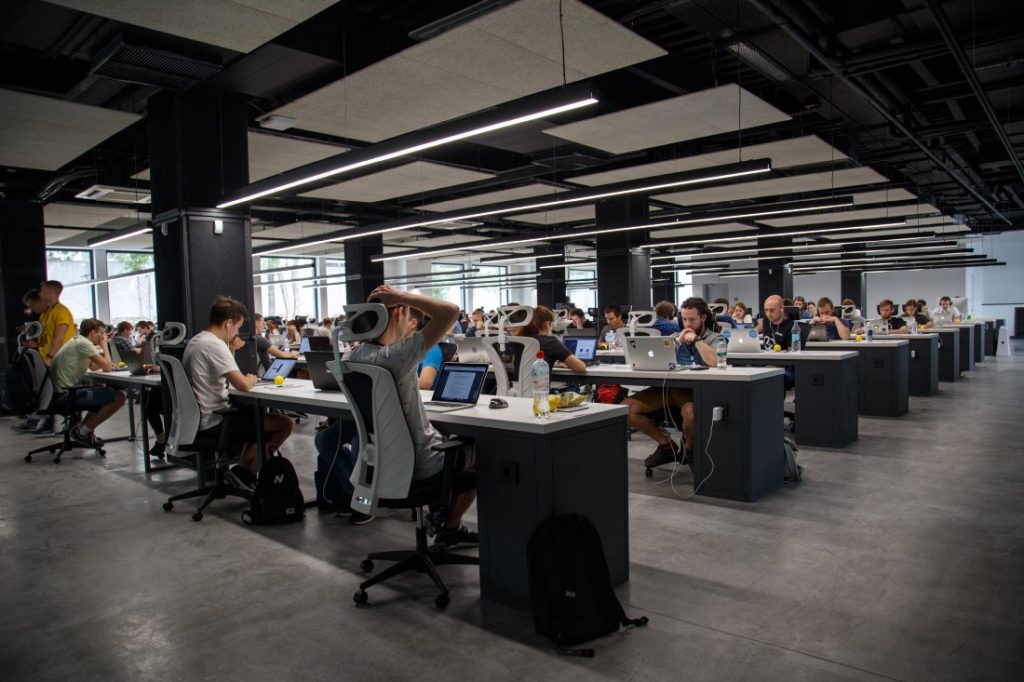From the first day of kindergarten, kids have ingrained in them the model of the American worker. Get up early. Work. Short lunch break. Work. Go home. Sleep. Repeat. Painstakingly wait for the weekend. Then, come Monday, do it all over again.
Why is it that the way we think about work in America is seen as so crucial and inflexible that we are taught it at such a young age? We prepare children for the 9–5 life as if it’s the only option.

In reality, the 9–5 is no longer the norm for many Americans. According to a study done by the Pew Research Center, 16 percent of adults in the US worked a gig job — like Uber or Doordash — in 2021. That number jumps to 30 percent for people aged 18–29. Sure, there are downsides to this type of work, but it’s no longer realistic to expect everyone to have a typical eight-hour desk job like the ones we mimic in our schools.

If young people are straying away from the strict, repetitive style of labor that has been ingrained in American culture, why are we still training children to live their lives this way?
It is crucial that we bring up the next generation with the knowledge and ability to carve out their own path. Accepting the constraints of capitalism without question is no longer enough. You don’t have to be chained to a desk all day to have value. You don’t have to spend 40 hours a week getting your hands dirty while your boss sits in their comfy chair.

Children should be taught that they are more than just their job, and that they have a greater purpose in life than to work. We should instead be teaching children about their rights as a worker, and the important labor movements that took place in the past.
We should encourage them not to accept things that aren’t right just because it’s The Way It’s Always Been Done. We need to teach them to stand up for what is right, to create change where it is needed, and to know their worth as more than just employees — but as human beings too.





























